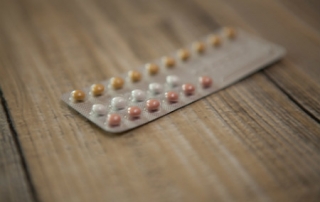New research from the CWMH.
New England Journal of Medicine Case Report: Postpartum Psychosis in a Woman with Bipolar Disorder
The most recent issue of the New England Journal of Medicine includes the presentation of a case from the Center for Women's Mental Health of a woman with bipolar disorder who developed postpartum psychosis after the birth of her child. The case highlights some of the clinical challenges in treating patients with bipolar disorder during pregnancy and the postpartum period and reviews the current literature on postpartum psychosis.







